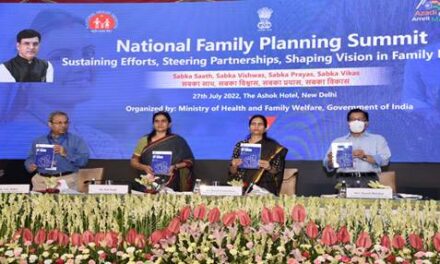A recent study published in CMAJ (Canadian Medical Association Journal) reveals a concerning link between obesity and stillbirth risk, particularly as pregnancy advances to term.
According to the study, led by Dr. Naila Ramji, a high-risk pregnancy specialist at Dalhousie University, pregnant individuals with obesity face a significantly higher risk of stillbirth as their pregnancies progress. Dr. Ramji and her team analyzed data from over 680,000 singleton births in Ontario between 2012 and 2018, shedding light on the impact of obesity on stillbirth risk by gestational age.
The findings underscored the severity of the issue, with individuals in obesity classes II and III having a two to two-and-a-half-fold increased risk of stillbirth at 36 weeks compared to those with a normal BMI. Moreover, the risk further escalated as pregnancy advanced, reaching more than fourfold at 40 weeks.
“Our findings suggest that an earlier delivery date may help reduce the risk of stillbirth for pregnant people with obesity,” stated Dr. Ramji. The study highlights the importance of timely intervention and heightened surveillance for pregnant individuals with obesity, particularly as they approach full term.
Despite the well-established link between obesity and stillbirth, the study revealed a concerning gap in research regarding the association between obesity and stillbirth risk by gestational age. Dr. Ramji expressed concerns over potential biases within the medical community, emphasizing the need for greater recognition of the risks faced by individuals with obesity.
“In implicit biases against people with obesity, the medical community may be taking the risks they face less seriously,” Dr. Ramji cautioned.
In a related editorial, Dr. Naomi Cahill, editor of CMAJ, emphasized the importance of a nuanced approach in prenatal counseling for patients with obesity. Dr. Cahill highlighted the harmful effects of weight bias and stigma, urging healthcare providers to provide respectful prenatal care that prioritizes positive maternal and fetal outcomes.
The study’s findings serve as a wake-up call for healthcare providers and policymakers, emphasizing the urgent need for tailored interventions and support for pregnant individuals with obesity. By addressing the unique needs of this at-risk population, healthcare professionals can strive to reduce the alarming rates of stillbirth and improve maternal and fetal health outcomes.












